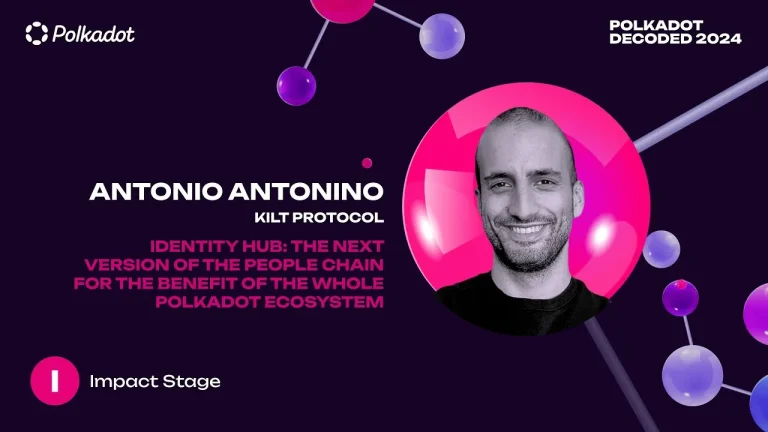Bill Laboon, a prominent figure in the Polkadot community and an advocate for decentralized technologies, recently shared his insights on the evolution of blockchain technology and its implications for ownership and freedom. This interview, part of the “Behind the Code: Web3 Thinkers” series distributed by The Kusamarian, provides an in-depth look at how Polkadot and other blockchain technologies are shaping the future of digital ownership and governance.
Bill Laboon’s Beginnings in Blockchain
Having begun their blockchain career in 2012, the expert’s initial exposure to the field was marked by a deep fascination with the potential of Bitcoin and other cryptocurrencies. Their academic background in computer science provided a solid foundation for exploring the technical intricacies of blockchain systems. A pivotal moment in their career was witnessing Gavin Wood’s seminal talk on building a blockchain from scratch, which inspired them to shift from academia to the burgeoning world of blockchain technology. By 2019, their passion led them to the Web3 Foundation in Switzerland, where they have been a driving force behind the development of Polkadot.
Blockchain and Truth
Laboon emphasizes blockchain’s potential to establish a form of digital truth without the need for central authorities. He reflects on his journey, starting from his initial fascination with Bitcoin, which showcased how decentralized networks could achieve consensus on transactions and data integrity without a central arbiter. This principle of decentralization is foundational to blockchain technology, ensuring transparency and trust in a trustless environment.
Simplifying Polkadot
Polkadot, a multi-chain network designed to enable different blockchains to interoperate, is highlighted as a significant advancement in blockchain technology. Laboon notes that since its inception, Polkadot has evolved to become more user-friendly, with improvements in user interfaces and user experience making the technology accessible to a broader audience beyond just developers and tech enthusiasts.
Decentralized Governance
One of the core themes of Laboon’s discussion is the importance of decentralized governance in blockchain ecosystems. Polkadot’s governance model, which has transitioned from centralized control to a more distributed system, exemplifies this. The introduction of “OpenGov” allows every token holder to have a say in the network’s decisions, promoting a more democratic and resilient structure.
Laboon discusses the Decentralized Voices program by the Web3 Foundation, which allocates voting power to active community members based on their engagement and contributions. This initiative aims to enhance participation in governance and ensure diverse representation within the ecosystem.
Ownership and Self-Sovereignty
A critical aspect of Laboon’s talk is the concept of self-sovereignty through technology. Blockchain technology empowers individuals by allowing them to own and control their data and digital assets. This decentralization stands in stark contrast to the current digital landscape, where large corporations often control user data.
Laboon also highlights the sustainability of blockchain networks like Polkadot, which fund their development and maintenance through mechanisms built into the protocol, such as the allocation of newly minted tokens to a treasury managed by the community.
Polkadot Future Directions
Laboon is optimistic about the future of blockchain technology, acknowledging that while it is not perfect, the iterative nature of its development allows for continuous improvement. He envisions further decentralization and refinement of governance models, making blockchain systems even more robust and inclusive.
In summary, Bill Laboon’s talk provides valuable insights into how blockchain technology, particularly through platforms like Polkadot, is transforming concepts of ownership, governance, and digital sovereignty. By leveraging decentralized networks, individuals can reclaim control over their digital interactions and assets, paving the way for a more open and resilient digital future.
You can also follow Bill Laboon on X, where he shares the famous Polkadot Digest.








